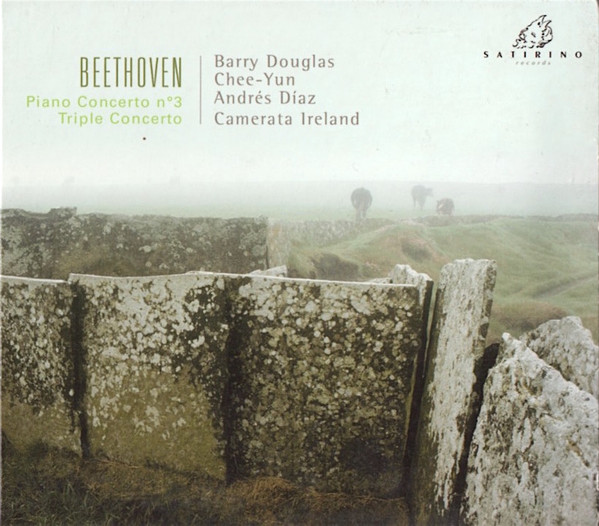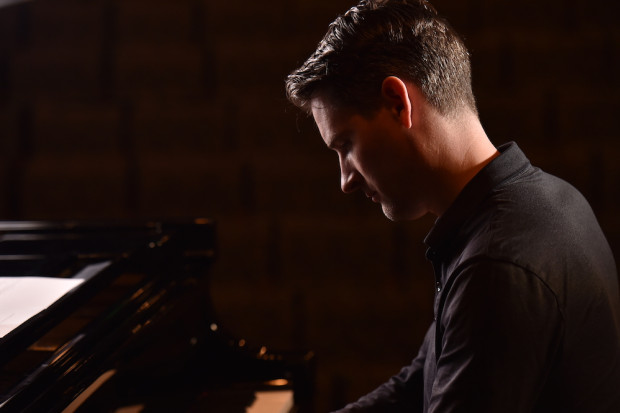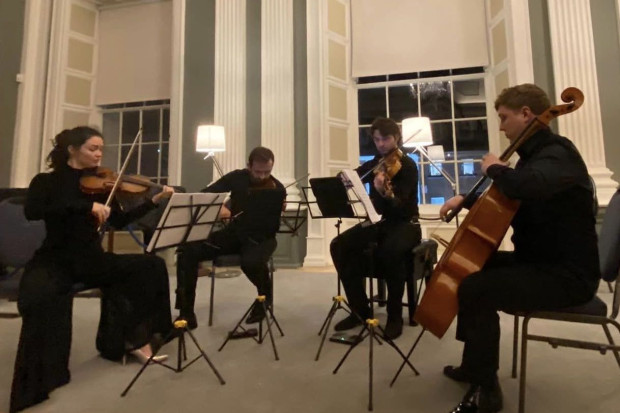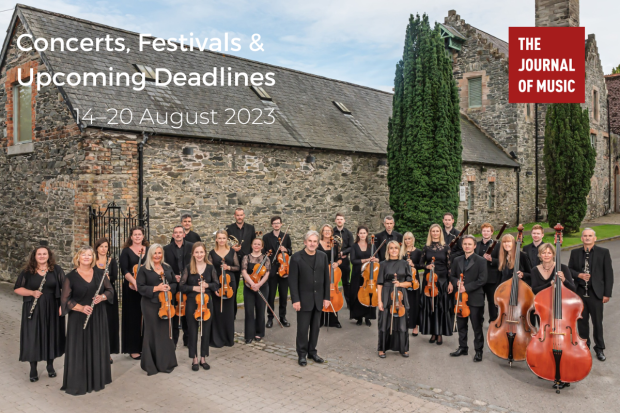
CD Reviews: Barry Douglas, Camerata Ireland
Camerata Ireland’s lightly shaped, fleetly delivered Beethoven concerto series reaches its mid-way point with performances of the First and the Fifth, the noble Emperor, that bear the Belfast virtuoso’s signature flair for rhapsodic expressivity but surprise, too, with their self-effacing delicacy and over-arching tone of congeniality.
Polished is the word that immediately suggests itself here as Douglas and his cross-border orchestra of soloists deliver readings that verge, engagingly enough, on the translucent. Those who like their Beethoven big, broad and bracing may find some disappointment here, but those who recognise in his familiarly large gestures and fervent emotions a more considered and poetic mien altogether will find much to delight and dwell on.
Perhaps the most immediately remarkable aspect of this disc and its predecessor (which coupled the Second and Fourth Concertos) is how agreeably untrammelled Douglas makes the music sound. Certainly, there’s little hint of Beethoven trying to wrest the form away from Mozart in the early C major First, nor are we presented with an image of the Fifth as a work of mighty structural innovation and questing inventiveness. Instead we get two concertos borne along by a well-mannered warmth that thrust to the fore questions of conceptual accuracy and authenticity. It’s not immediately clear whether that is the intended point of these performances, but nor does it matter given the persuasive specificity of their execution.
Even as the suspicion grows increasingly insistent that Douglas sees both works as fully-fledged products of Romanticism in terms of the brute relationship between soloist and orchestra, he nonetheless allows the First to hurry itself along with an enviable Classical buoyancy on which he surfs with a sublimely graceful eloquence (calling to mind in the process no less a figure than Wilhelm Kempff) while the Fifth is delivered with a charmingly lithe and understated sense of the poetic that beguiles with its dancing suppleness.
Of course, one might object and wish that Douglas had intervened and imposed a little more. Or that the orchestra had contested and challenged him more energetically. Or, indeed, that the recording in the Mahoney Hall in Dublin’s The Helix had been framed more dramatically. But that might be to miss the point. I suspect that flesh and bone, grit and gristle, irrespective of what received opinion tells us this music ought to be ‘about’, is not what these slender, silky, seductive performances are intended to be concerned with or to convey.
The provocation here, it seems, is not merely to respond to familiar music, but to feel and think about it in an unfamiliar way. In that respect, this disc succeeds marvellously on its own terms. In shedding different light on Beethoven and new light on Douglas and Camerata Ireland, it is certainly worth investigating.
Published on 1 May 2007
Michael Quinn is a freelance music and theatre journalist based in Co. Down.















